Over the weekend the Journal of the Nepal Public Health Association published our latest paper on the federalisation and health in Nepal research project [1]. The paper addresses some of the key Public Health approaches around the ongoing federalisation of the state of Nepal and the associated decentralisation processes in its health system. The article outlines the main roles of the discipline of Public Health and the contribution it can make to the reform process. Then the next section introduces our on-going study into the effects of the establishment of the Federal Republic of Nepal on the organisation and running of the country’s health system. To capture the Public Health benefits of decentralisation, the process should not be only ‘top-down’, directed by policy elites. Although in theory Nepal’s health system has undergone a process of decentralisation, in practice policy and planning is often still being led by the Federal government, despite the clear roles and responsibilities of the three tiers of government in health service delivery. To improve policy and planning in the newly decentralised health system structure, there needs to be meaningful incorporation of the views of stakeholders at all levels (even the very lowest levels). Our project aims to play a part in addressing this by capturing a wide variety of experiences of the decentralisation process.
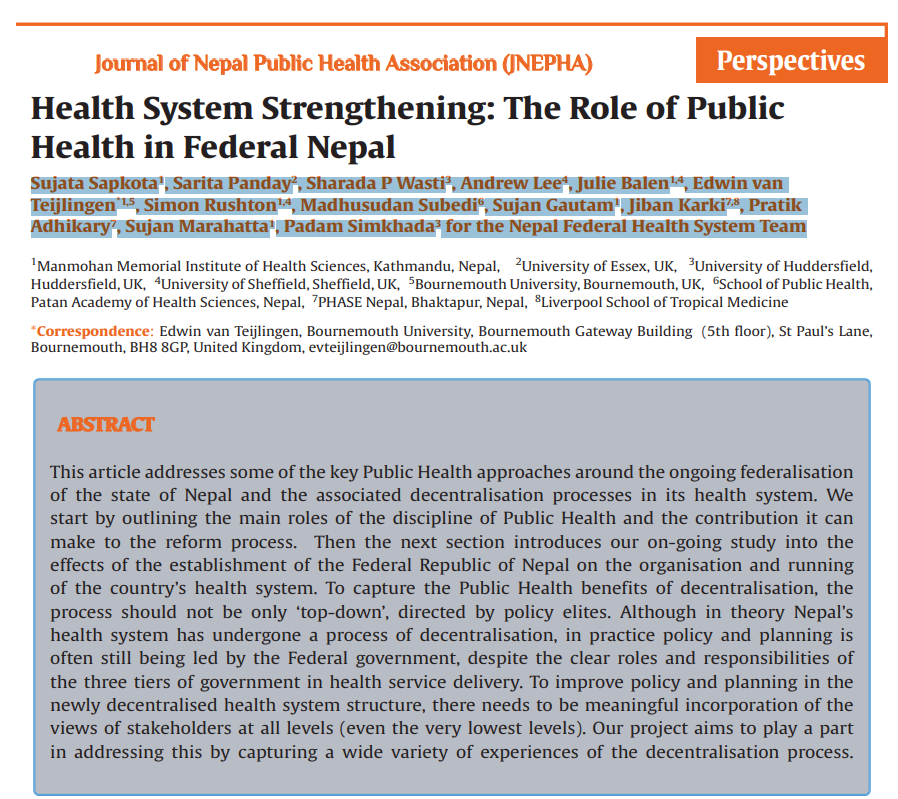 The interdisciplinary and international research team has published two earlier articles on this on-going study [2-3]. This week is Open Access week, so it is worth noting that all three paper are freely available through Open Access.
The interdisciplinary and international research team has published two earlier articles on this on-going study [2-3]. This week is Open Access week, so it is worth noting that all three paper are freely available through Open Access.
Edwin van Teijlingen
- Sapkota, S., Panday, S., Wasti, S.P., Lee, A., Balen, J., van Teijlingen, E., Rushton, S., Subedi, M., Gautam, S., Karki., J., Adhikary, P., Marahatta, S., Simkhada, P., for the Nepal Federal Health System Team (2022) Health System Strengthening: The Role of Public Health in Federal Nepal, Journal of the Nepal Public Health Association 7(1):36-42.
- Adhikary, P., Balen, J., Gautam, S., Ghimire, S., Karki, J., Lee, A.C.K., Marahatta, S.B., Panday, S., Pohl, G., Rushton, S., Sapkota, S., Simkhada, P.P., Subedi, M., van Teijlingen, E. for the Nepal Federal Health System team (2020) The COVID-19 pandemic in Nepal: Emerging evidence on the effectiveness of action by, and cooperation between, different levels of government in a federal system, Journal of Karnali Academy of Health Sciences 3 (3): 1-11.
- Rushton, S., Pandey, S., van Teijlingen, E., Subedi, M., Balen, J., Karki, J., Simkhada, P. on behalf of the Nepal Federal Health System Team (2021) An Investigation into the Impact of Decentralization on the Health System of Nepal. Journal of Manmohan Memorial Institute of Health Sciences, 7(1): 3–14. https://doi.org/10.3126/jmmihs.v7i1.43146

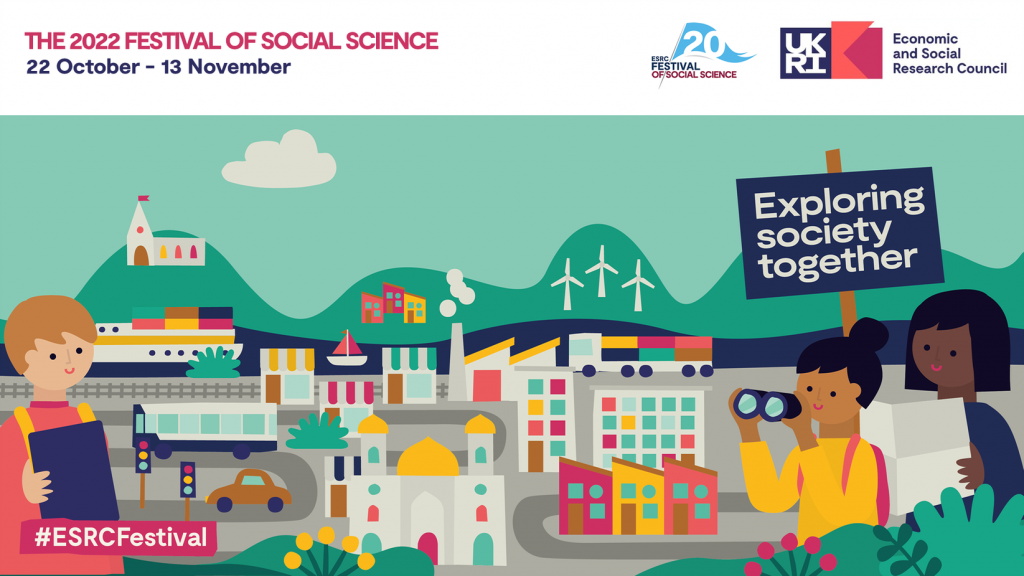





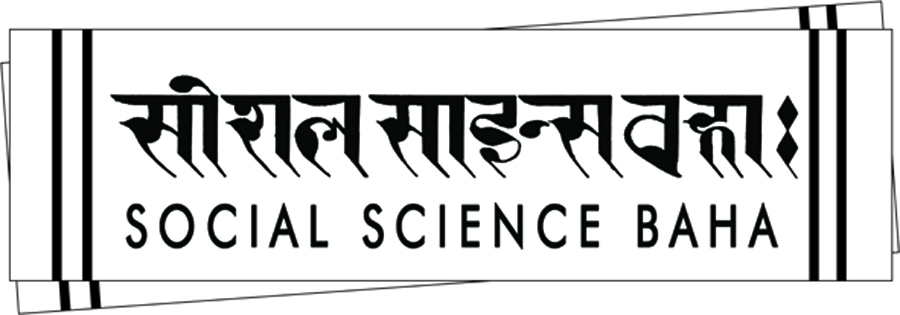
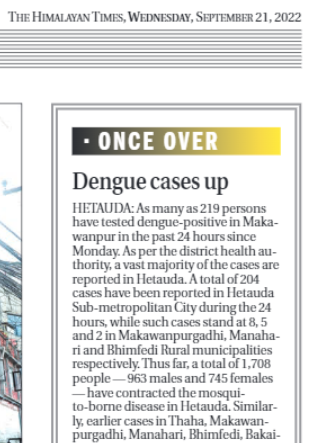
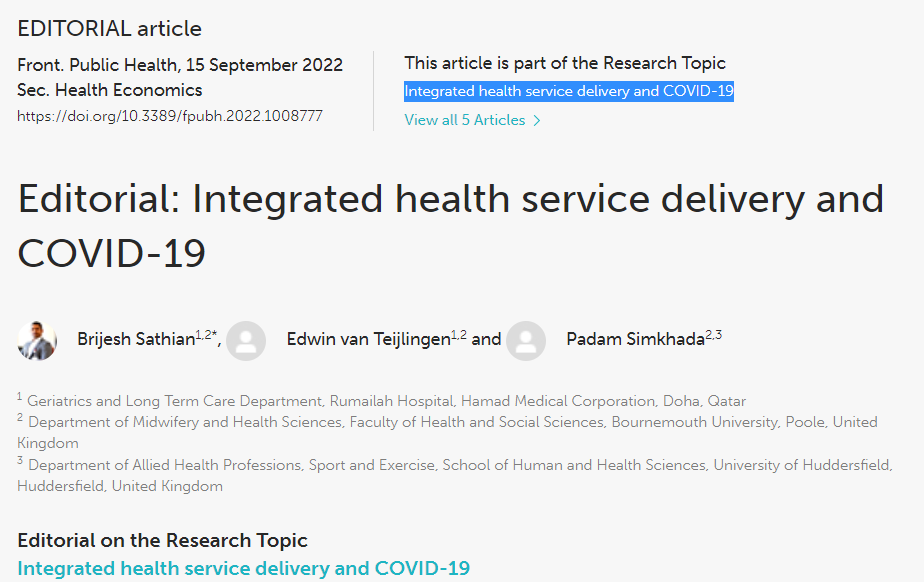
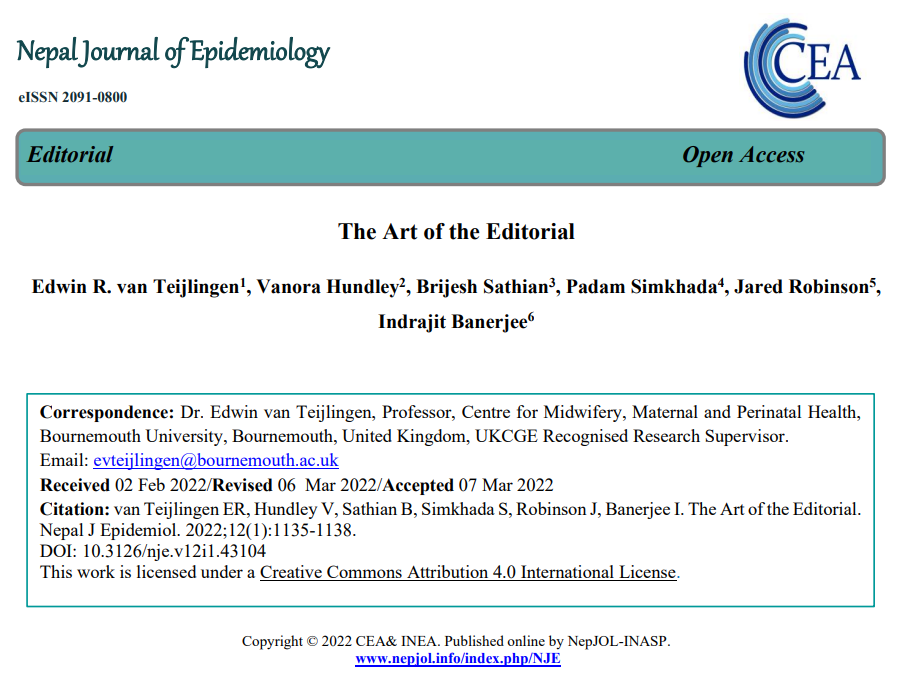
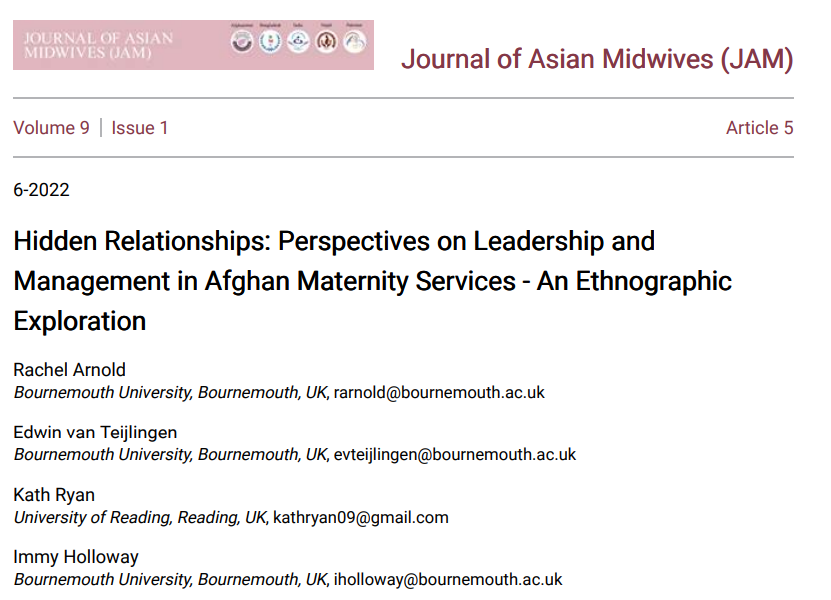


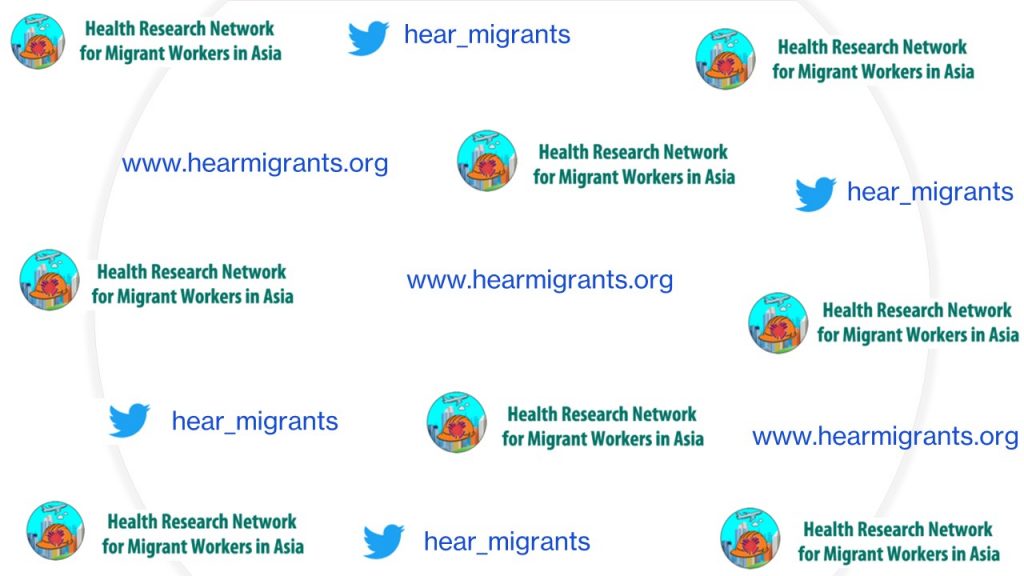

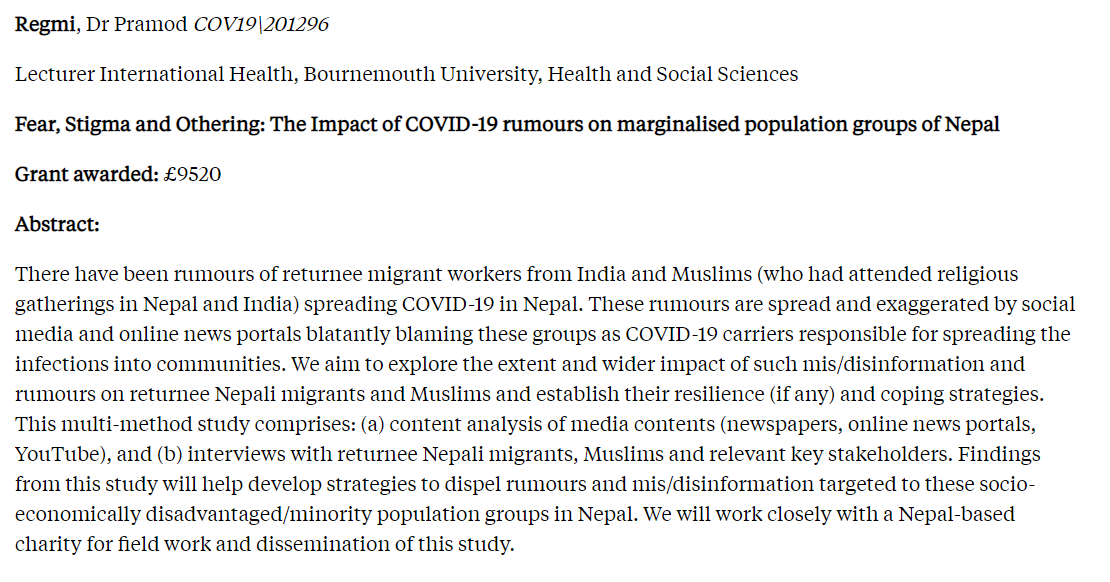

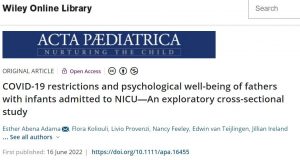
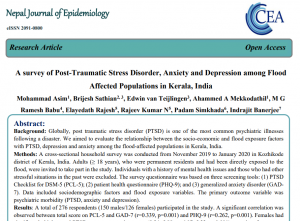


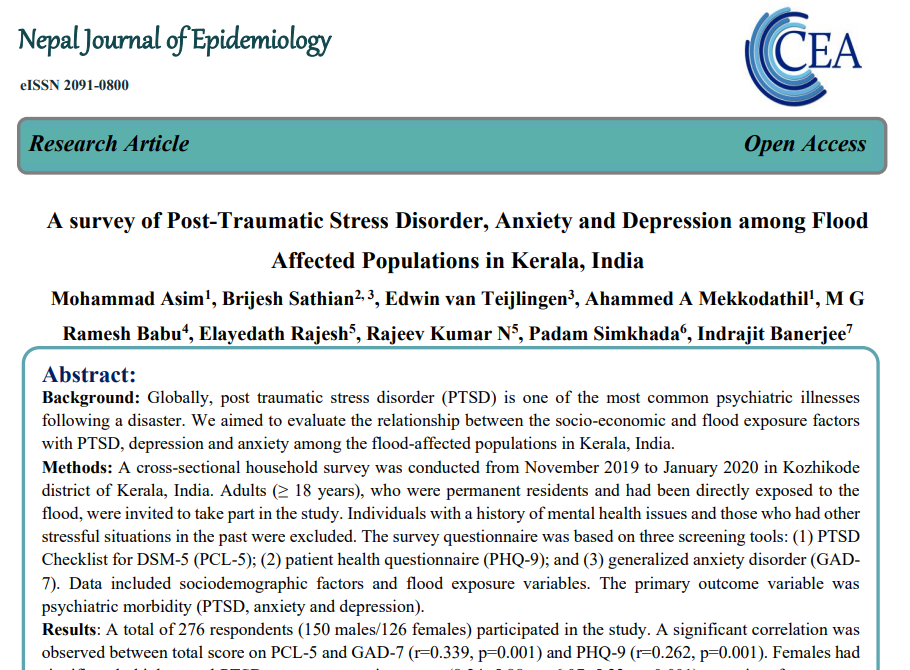




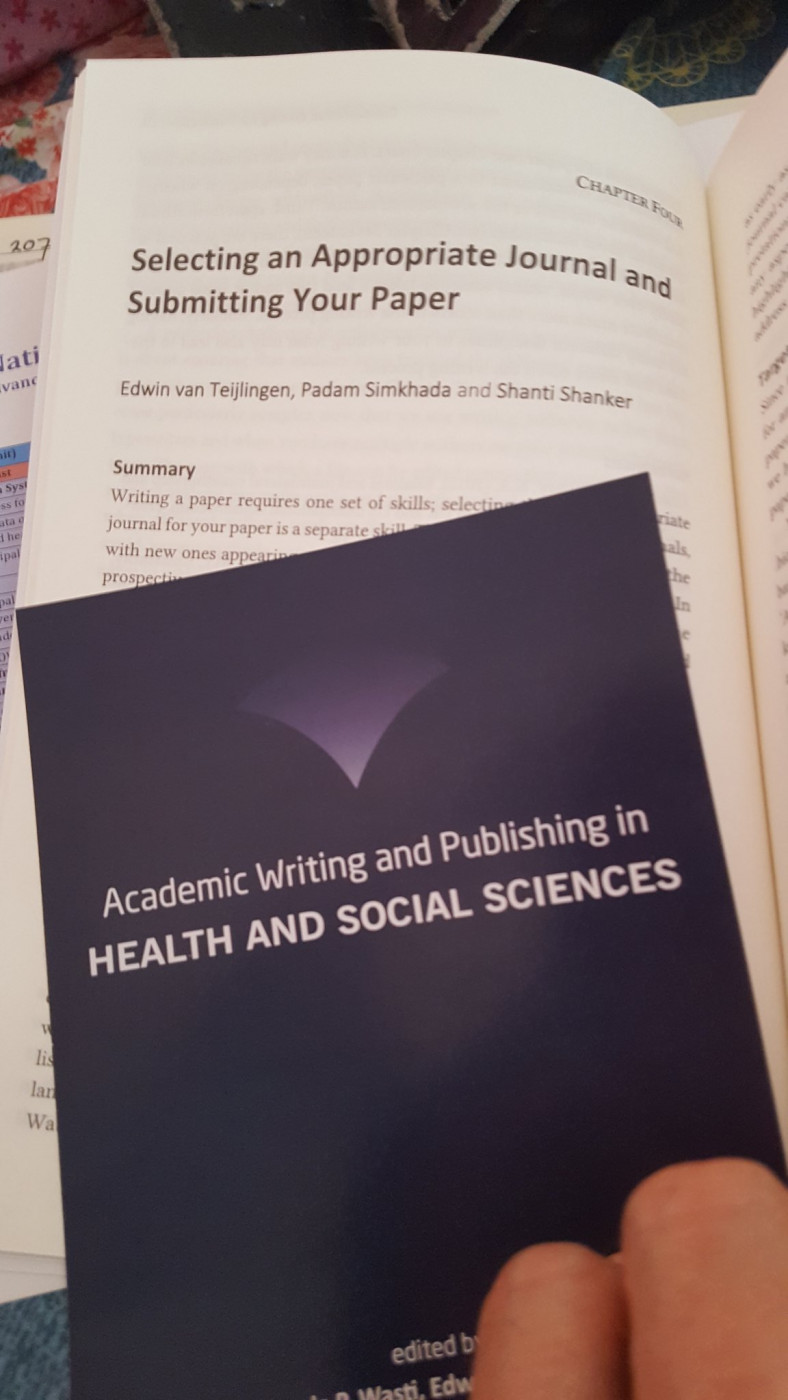



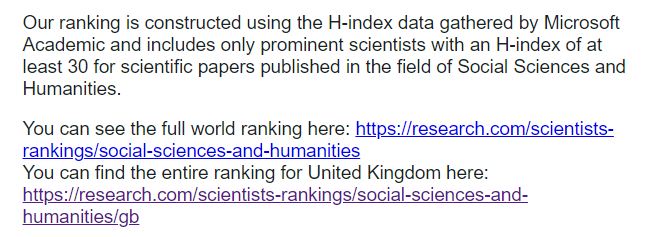


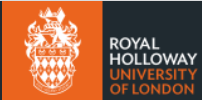











 Dr. Ashraf cited on ‘Modest Fashion’ in The Guardian
Dr. Ashraf cited on ‘Modest Fashion’ in The Guardian NIHR-funded research launches website
NIHR-funded research launches website Academics write for newspaper in Nepal
Academics write for newspaper in Nepal New paper published on disability in women & girls
New paper published on disability in women & girls MSCA Postdoctoral Fellowships 2025 Call
MSCA Postdoctoral Fellowships 2025 Call ERC Advanced Grant 2025 Webinar
ERC Advanced Grant 2025 Webinar Horizon Europe Work Programme 2025 Published
Horizon Europe Work Programme 2025 Published Horizon Europe 2025 Work Programme pre-Published
Horizon Europe 2025 Work Programme pre-Published Update on UKRO services
Update on UKRO services European research project exploring use of ‘virtual twins’ to better manage metabolic associated fatty liver disease
European research project exploring use of ‘virtual twins’ to better manage metabolic associated fatty liver disease